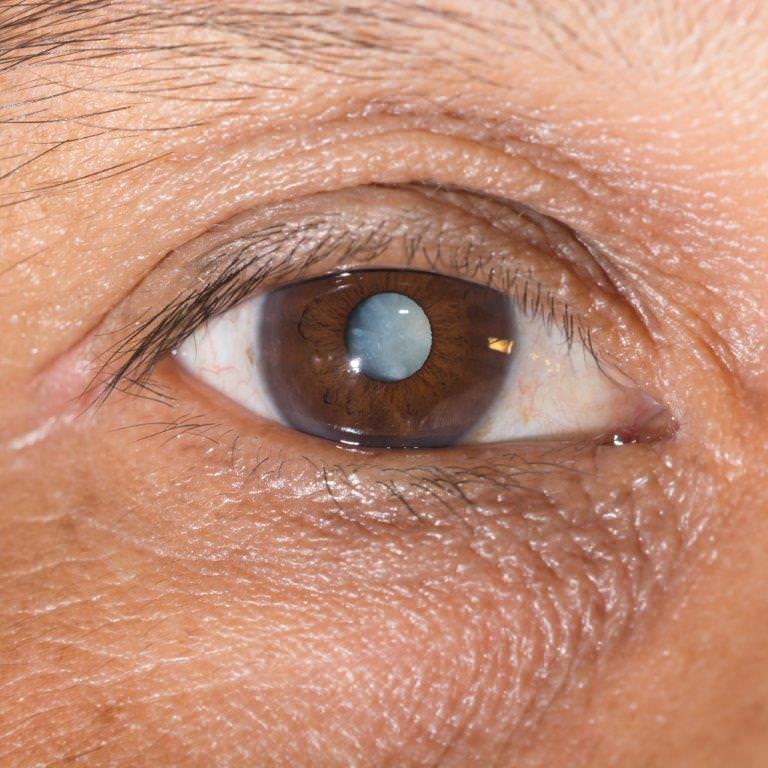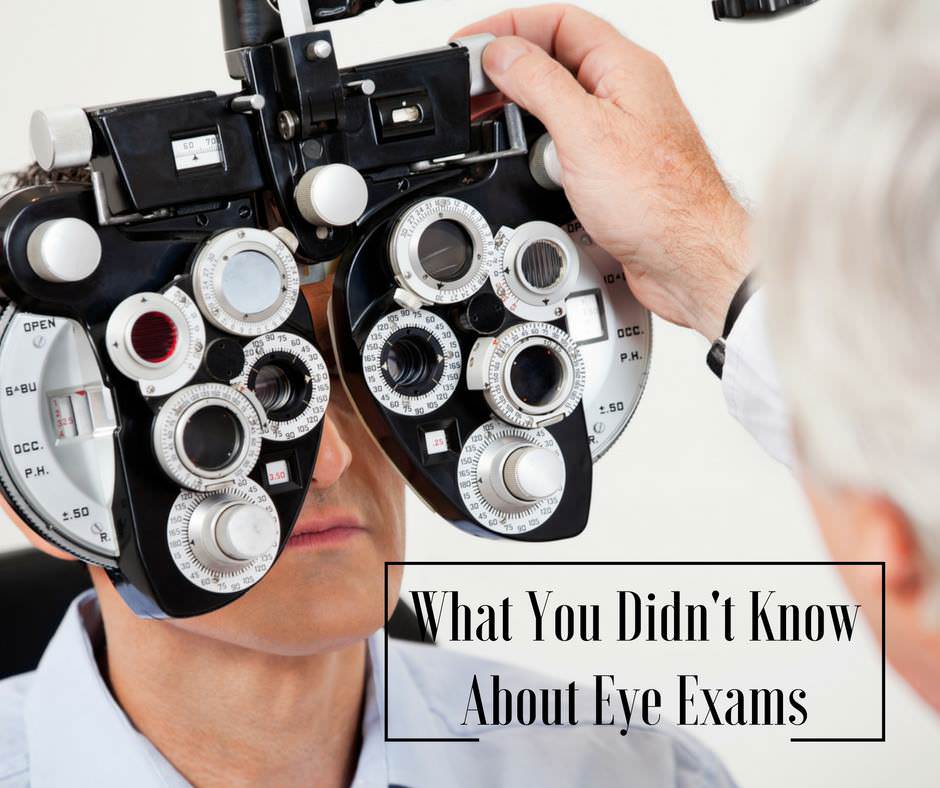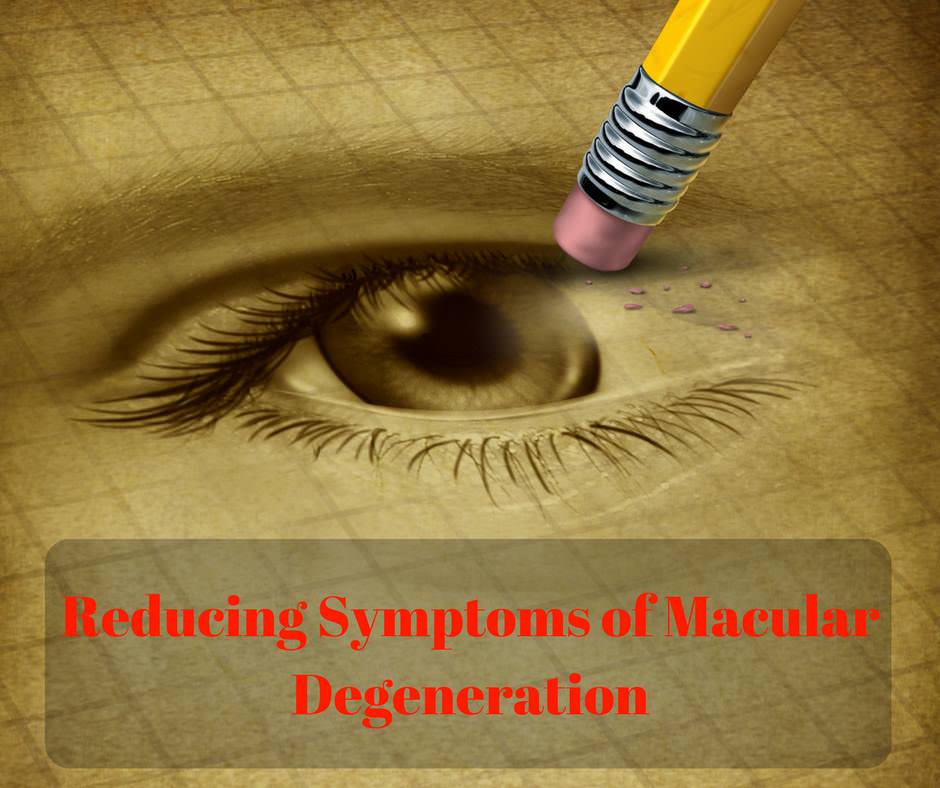 The cataract surgeons at Wiles Eye Center believe it is natural for candidates to have questions about the procedure. Check out our list of the most frequently asked questions, and submit your own by sending us an email today.
The cataract surgeons at Wiles Eye Center believe it is natural for candidates to have questions about the procedure. Check out our list of the most frequently asked questions, and submit your own by sending us an email today.
Am I too old for cataract surgery?
There is no established age limit for cataract surgery. As long as you are in good health and our cataract surgeons deem you a suitable candidate, you can safely undergo cataract surgery.
Can I have cataract surgery if I had LASIK?
Yes, it is possible to have cataract surgery after having LASIK. The only caveat is that in order to deliver the best possible cataract surgery results, your surgeon needs information about your eyesight and eyes prior to LASIK. You may be asked to obtain your pre-LASIK medical records in order to provide the surgeon with this information.
How soon after cataract surgery can I drive?
You can drive when: a) your postoperative vision meets the state results for driving vision; and b) you feel comfortable enough to get behind the wheel. This usually occurs within a week of surgery.
Can I have cataract surgery if I have glaucoma?
Yes, patients with glaucoma can undergo cataract surgery. These patients typically require some extra care and monitoring of their intraocular pressure. Additional follow-up visits may be required.
What is Micro-Touch Advanced Cataract Surgery?
Micro-Touch advanced cataract surgery is a variation of traditional cataract surgery using techniques pioneered by Dr. Wiles. The cataract is removed through a small opening that can heal on its own without stitches. It is shorter, safer and more successful than traditional cataract surgery.
Will I need glasses after cataract surgery?
Whether you wear glasses after cataract surgery depends on the type of IOL you choose to have implanted. Standard IOLs restore clear vision at a single fixed distance, and usually require glasses to see at other distances. On the other hand, multifocal or accommodating IOLs restore clear vision at multiple distances. Although no IOL can guarantee that you will never need to wear glasses again, multifocal or accommodating lenses reduce dependence on glasses most of the time.
My grandfather had to wear thick clumsy glasses after cataract surgery. Will that be the same for me?
No, if you do need eyeglasses after cataract surgery, you can select a sleeker design with the help of our optometrist.
Can cataract surgery fix my astigmatism?
Yes, there are two ways to fix astigmatism in cataract patients. The first option is to place a special toric IOL that has built-in astigmatism correction. The second is to make what are known as limbal relaxing incisions to relax the curvature of the cornea. Sometimes the two approaches are combined.
Contact Wiles Eye Center
If you have a question about cataract surgery that wasn’t covered in this post, Wiles Eye Center invites you to call our Kansas City location at 816-455-2020 or our St. Joseph location at 816-279-7015. We would be happy to speak with you over the phone or schedule an appointment for you to meet our cataract team.
The post FAQs for Cataract Surgery appeared first on .
from https://perfect2020.com/faqs-cataract-surgery/
via https://perfect2020.com


